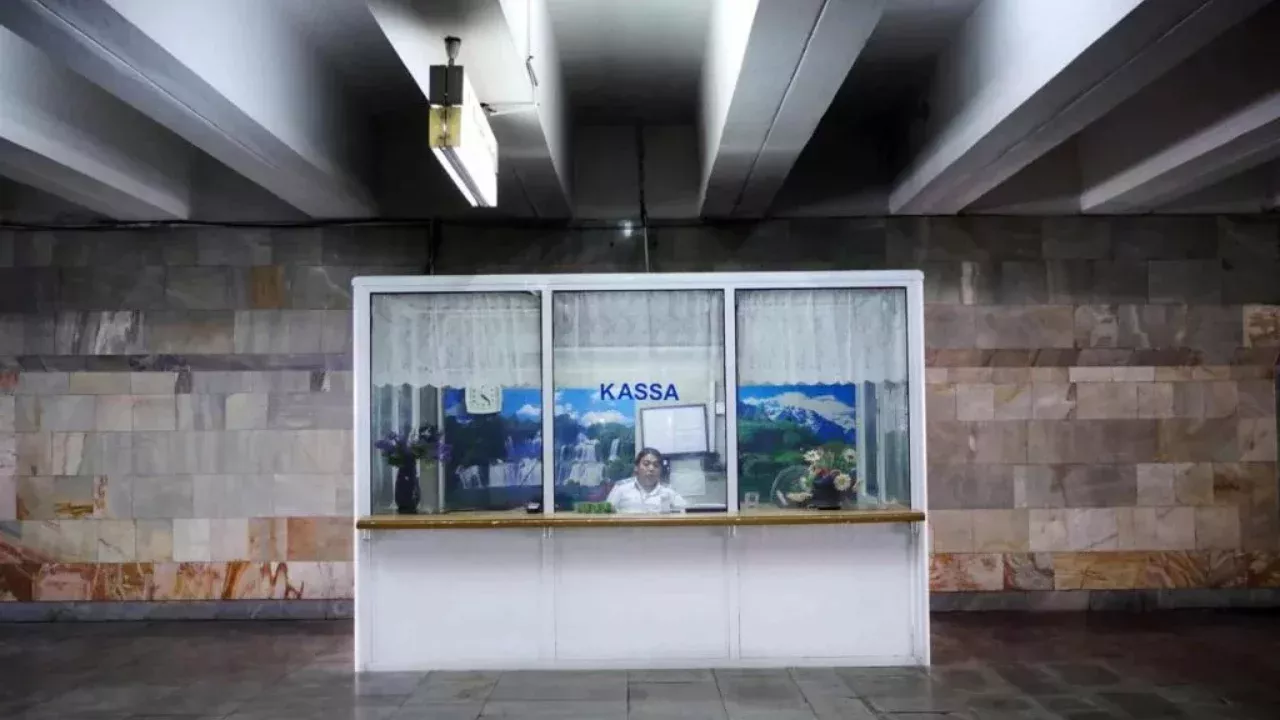The traditional ticket offices in the Tashkent metro have been closed

Significant changes are being implemented for passengers in the Tashkent metro. This was reported by Zamin.uz.
At some stations in the city metro network, the operation of traditional ticket offices has been suspended. This was announced by the press service of the Tashkent metro.
The decision was made based on long-term observations and analyses. Currently, the majority of passengers traveling in the capital's metro are using cashless, digital payment methods.
In the past, 45-50 percent of passengers used single-use tickets, but now this figure has decreased to only 6-7 percent. In this regard, traditional ticket offices at 13 major stations of the Tashkent metro have been closed.
These stations are: Mirzo Ulugbek, Drujba Narodov, Pahtakor, Hamid Olimjon, Pushkin, Do'stlik, Tashkent, Oybek, Tinchlik, Shahriston, Bodomzor, Kichik, and Abdulla Qodiriy. According to the management of the metro, these measures are being taken to make the use of the metro faster, more modern, and more convenient.
Currently, automated ticket purchasing machines have been installed in place of the closed ticket offices. Passengers can make payments using ATTO cards, bank cards, mobile applications, and biometric identification.
This new system saves time, reduces waiting in lines, and increases the level of convenience for passengers. It also simplifies the centralized processing and monitoring of data.
In some vestibules, special terminals for cash are being tested. This will ease the transition period for citizens accustomed to traditional payments.
The growing culture of using digital payments among the population of Tashkent is also one of the main reasons for this decision. Young people and business people often prefer to operate through smartphones, QR codes, and mobile applications.
Digital payments ensure transparency, with each payment being automatically registered through the system. This increases financial transparency in the transport sector and reduces the risk of corruption.
Many metros around the world are also moving away from traditional ticket offices and transitioning to digital payments. Major cities like London, Singapore, Seoul, and Tokyo are developing in this direction as well.
Experts believe that such measures are important not only for saving time and resources but also for ensuring the safety and health of passengers. This is because reducing physical contact decreases the risk of spreading infectious diseases.
At the same time, work continues to improve the quality of metro services, update equipment at stations, and develop payment infrastructure. In the near future, all stations are expected to be fully equipped with devices that accept digital tickets.
Overall, these innovations are considered a significant step not only in the transport sector but also in the process of digitizing and modernizing the entire city infrastructure. The Tashkent metro is further enhancing its services through the widespread implementation of digital technologies.







